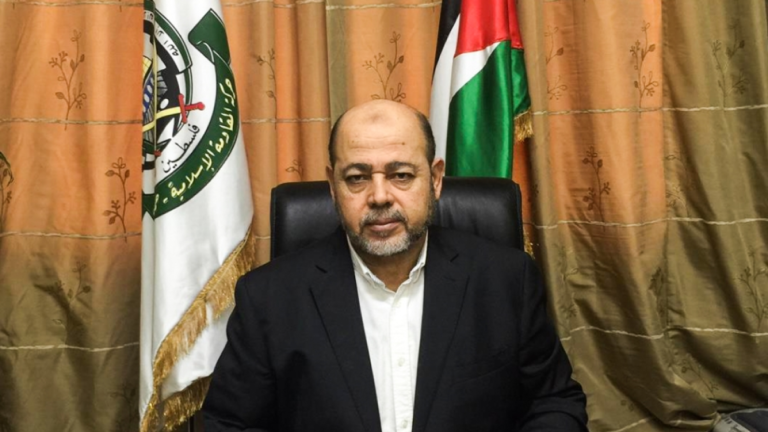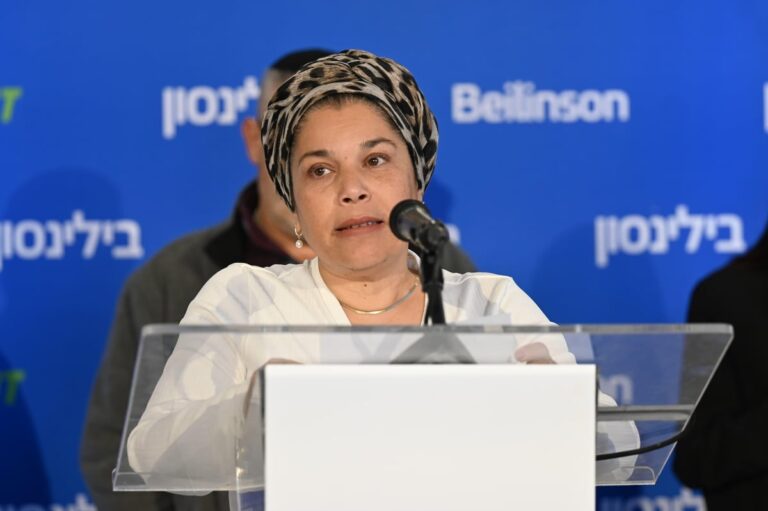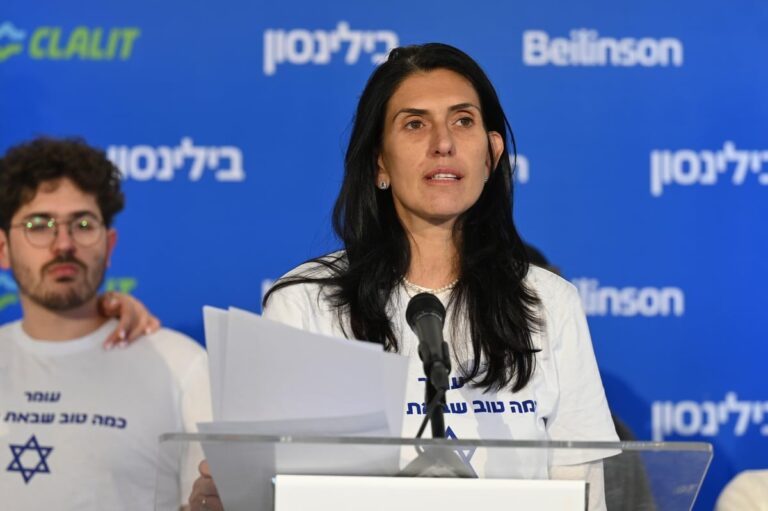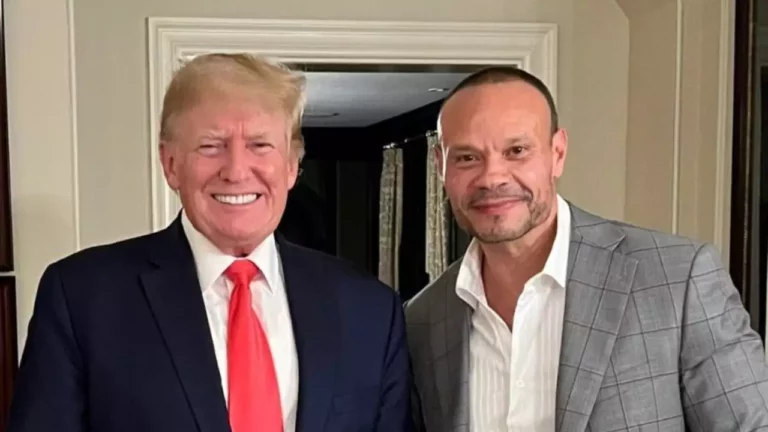Near the beginning of this week’s Sedra, the Torah tells us about Yaakov giving Brachos to Ephraim and Menashe. The most noted aspect of this episode is that Yaakov blessed Ephraim before Menashe even though Menashe was the Bechor. When Yosef tried to correct this seeming mistake of his father, Yaakov responded that he was fully conscious of what he was doing, and that there was no mistake. Yaakov Avinu explained that both sons would achieve greatness, but that since Ephraim would be greater he (Yaakov Avinu) had placed Ephraim first. After having told us all of the above, the Torah continues and informs us that Yaakov Avinu blessed them by saying: through you Klal-Yisroel will bless their children (see Targum Yonasson) saying – may Hashem place you like Ephraim and Menashe. Then the Passuk reiterates that Yaakov Avinu placed Ephraim before Menashe.
This narrative begs many questions: why does the Torah need to reiterate that Yaakov placed Ephraim before Menashe? The point had already been made. Secondly, and even more important: Why is it that Yaakov Avinu blesses them by saying that Klal-Yisroel will be blessed through them (through Yosef and his sons)?
The Targum Yonasson emphasizes that the reason that Ephraim would become greater and that he was placed first because he was a bigger Talmid Chochom.
When Yaakov Avinu later on blesses all his sons, he does so according to age. The episode of Ephraim and Menashe is the only exception. What seems to be unique about these Brachos is the fact that the order was changed, and the reason for this unique change was clearly an emphasis on importance derived from the individual’s attributes and qualities as opposed to significance drawn from say social norms such as age. The basic standard that Yaakov Avinu used for inverting the ‘natural’, or socially accepted order between Menashe and Ephraim, it would appear, was based on their individual accomplishments. .
Thus our questions are answered: the Torah must emphasize the deviation from the normal, or accepted, age sequence of Ephraim and Menashe in order to call our attention to this uniqueness. The Torah does so twice: when Yosef corrects his father, and then again in the narrative form as it tells us that it is through Menashe and Ephraim Klal-Yisroel will bless their children. The first time was important to make the point. The later repetition is there to in order to connect the fact that the sequence was switched to the idea that it is through them Klal-Yisroel will be blessed.
If parents truly want to bless their children they must bless and praise their personal talents, skills, and accomplishments. It is for that reason that the names of Ephraim and Menashe are used as the introduction to the blessings we bestow upon our sons. The message we are giving them is: your ultimate greatness isn’t a preordained destiny, but rather what you make of yourself.
A very warm Good Shabbos, Rabbi Y. Dov Krakowski










